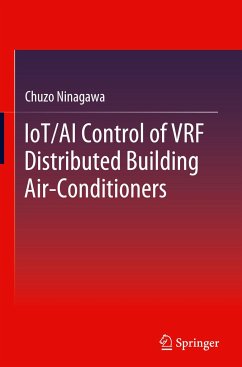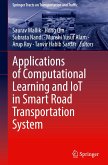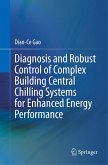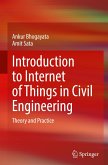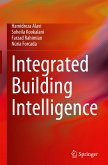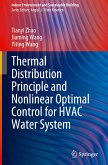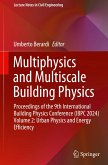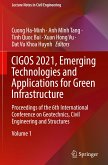This book describes new energy service controls of VRF (Variable Refrigerant Flow) air-conditioners, i.e., distributed-type air-conditioners for commercial buildings in the near future, in the context of the energy savings for CO2 reduction and the reform of the electric power system. In other words, this book introduces the state-of-the-art technology of the next-generation distributed building air-conditioning energy service system, from IoT cloud control to AI optimal control, as well as standards for the smart grid supply and demand adjustment market. Rather than simple saving energy by On Off operations or shifting set- temperatures, the author proposes technology that sends numerical commands for the air-conditioner inverters directly from the cloud. By using this innovative IoT method, this book describes how to realizes the AI optimal cloud control as a cluster of air-conditioners while machine-learning of each air conditioner's situation.
Bitte wählen Sie Ihr Anliegen aus.
Rechnungen
Retourenschein anfordern
Bestellstatus
Storno

